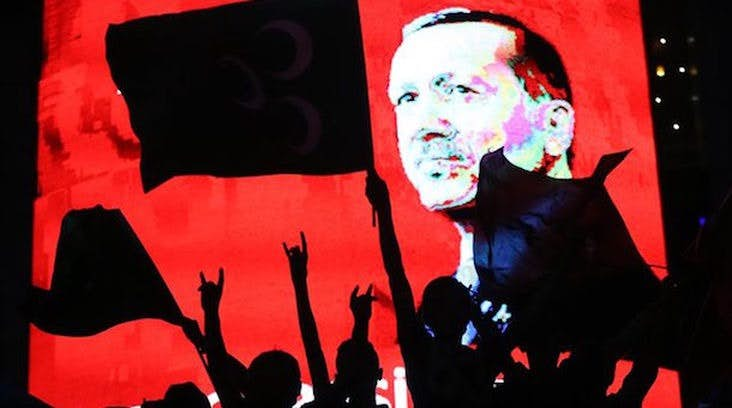Human Rights Foundation (HRF) calls on the United Nations (UN) to immediately take action and inquire into credible allegations of gross human rights violations in Turkey following last month’s failed coup. HRF urges UN special procedures mandate holders — including the Special Rapporteurs on torture, independence of judges, freedom of expression, and freedom of association, and the Working Group on Arbitrary Detention — to organize a joint fact-finding mission to investigate the situation of thousands of people detained during the ongoing government purge. Serious human rights violations taking place include the arbitrary deprivation of liberty, an unprecedented crackdown on the media, the elimination of the independence of the judiciary, and gross cases of torture, including rape.
“HRF has received reports of egregious human rights violations occurring in Turkey as part of a state policy to ostracize thousands of alleged members of the ‘Gülen Movement,’ whose exiled leader is accused of plotting the coup. Turkey’s authoritarian regime must uphold due process standards and freedom of association to prevent the escalation of state-promoted violence,” said Thor Halvorssen, president of HRF. “If Erdogan has nothing to hide, then he should grant human rights watchdogs safe, prompt, and unrestricted access to the country. Instead, he has vowed to withdraw Turkey from the jurisdiction of the European Court of Human Rights,” added Halvorssen.
It is estimated that the government of President Recep Tayyip Erdogan has shut down over 130 media outlets — including newspapers, magazines, radio and TV stations, and publishing houses — and detained dozens of journalists. According to information made available through international media, many of them are well-known independent journalists with long-standing and celebrated careers in Turkey. The government has also fired nearly 3,000 judges and 21,700 Ministry of Education officials; suspended 21,000 private school teachers; and forced the resignation of 1,500 university deans. Thousands of police officers and soldiers have been either fired or detained.
Turkey’s human rights record has significantly declined under President Erdogan’s rule. Violations of the rights to freedom of expression, freedom of the press, internet freedom, and judicial independence are commonplace. Politicians, activists, and journalists face constant threats and retribution for their work, and are often harassed and prosecuted under criminal laws designed to stifle government criticism. Following the 2013-2014 demonstrations, authorities have increased arrests and prosecutions for online activities, including tweets and Facebook comments critical of the government. The government is also behind the blocking of thousands of websites and the removal of online content, which is permitted and regulated in the country. After the failed coup, this situation has worsened.
“International human rights law provides for limitations to the restriction of rights in times of political turmoil. This means that even during a state of emergency, it is unlawful for a government to use reasons like ‘national security,’ ‘public safety,’ or ‘prevention of disorder’ to curtail fundamental and inalienable rights and freedoms. These include, among others, the right to life and the right to be free from torture and other inhumane or degrading treatment or punishment. Similarly, it’s illegal for governments to use a state of emergency to pursue political agendas,” said Centa B. Rek Chajtur, international legal associate at HRF. “As a signatory of the European Convention on Human Rights and the International Covenant on Civil and Political Rights, Turkey is bound by these international rules,” added Rek.
Human Rights Foundation (HRF) is a nonpartisan nonprofit organization that promotes and protects human rights globally, with a focus on closed societies.
